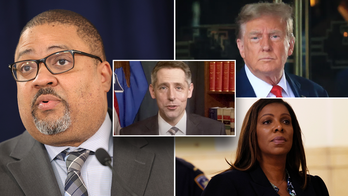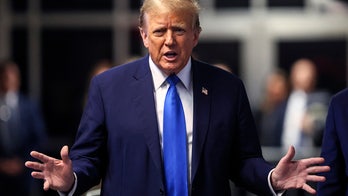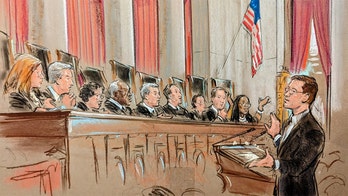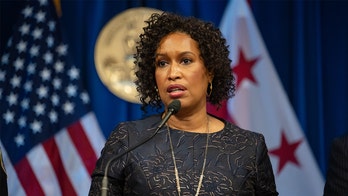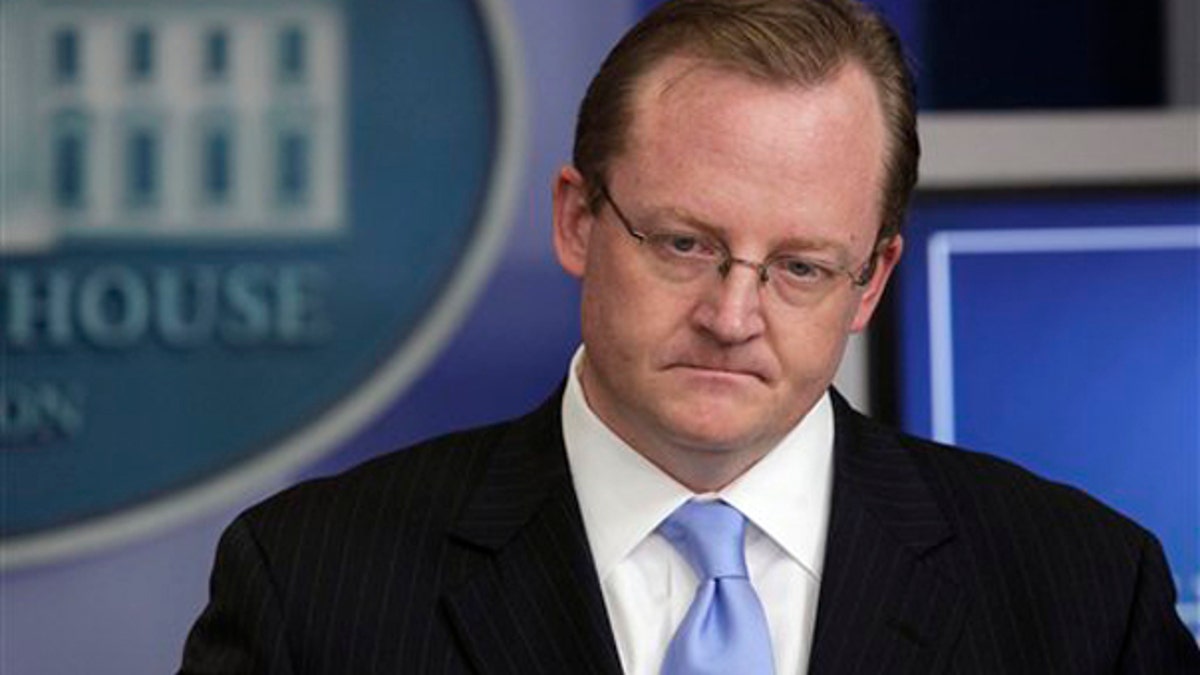
White House Press Secretary Robert Gibbs is shown here at the White House Nov. 2. (AP Photo)
White House officials defended their handling of the H1N1 outbreak after an uproar over local officials' mistakes and what appeared to be their own misleading comments.
"The president has done everything humanly possible to get ready for this epidemic," White House spokesman Robert Gibbs said Thursday.
Gibbs' comments came just hours after reports that Wall Street giants Goldman Sachs and Citigroup got vaccines for their high-risk workers while some hospitals and clinics are still waiting for it.
"If you're going to prioritize everybody who works in a contained area, maybe you ought to be at elementary schools instead of Wall Street banks," said Rep. Roy Blunt, R-Mo.
The Service Employees International Union was more harsh in its criticism.
"It's bad enough that Wall Street crashed our economy. But purposely endangering the health of millions of Americans during a public health crisis crosses all lines of decency," the union said in a statement.
Gibbs blamed local officials that he said have already been scolded by the Centers for Disease Control.
"The CDC director is sending a letter to every state and city receiving vaccine to reiterate that vaccine should be going to priority groups per the CDC," Gibbs said.
But in recent days, Gibbs himself appeared to mislead when asked whether H1N1 vaccine would be given to detainees at Guantanamo Bay.
"There is no vaccine in Guantanamo and there's no vaccine on the way to Guantanamo," Gibbs said Tuesday.
A day later, a Pentagon spokesman made clear Gibbs should have said "yet" because vaccine will eventually be going to Gitmo based upon the need to protect our forces from the risk posed by an outbreak of swine flu within the confines of the detention facility.
Officials say vaccine will be provided to U.S. troops overseas before it's sent to Gitmo, but they won't say if that's before it's widely available to the general public in this country, which is probably sometime in December. The White House says pharmaceutical companies overestimated how fast they could create the vaccine but critics say Obama waited too long to declare an emergency, which speeded up the distribution process.
"The president could have done some things 10 weeks ago that he did 10 or so days ago to waive some liability concerns and some other things that get this vaccine available," Blunt said.
The White House is also fighting critics who say the swine flu missteps bode ill for the push for health care reform. Gibbs says the connection is strained and he rejects the claim that the vaccine shortages suggest health reform might not be well thought out.

